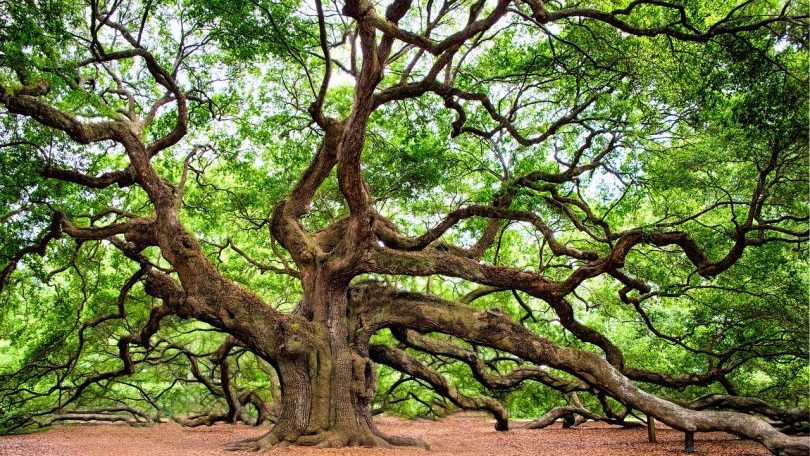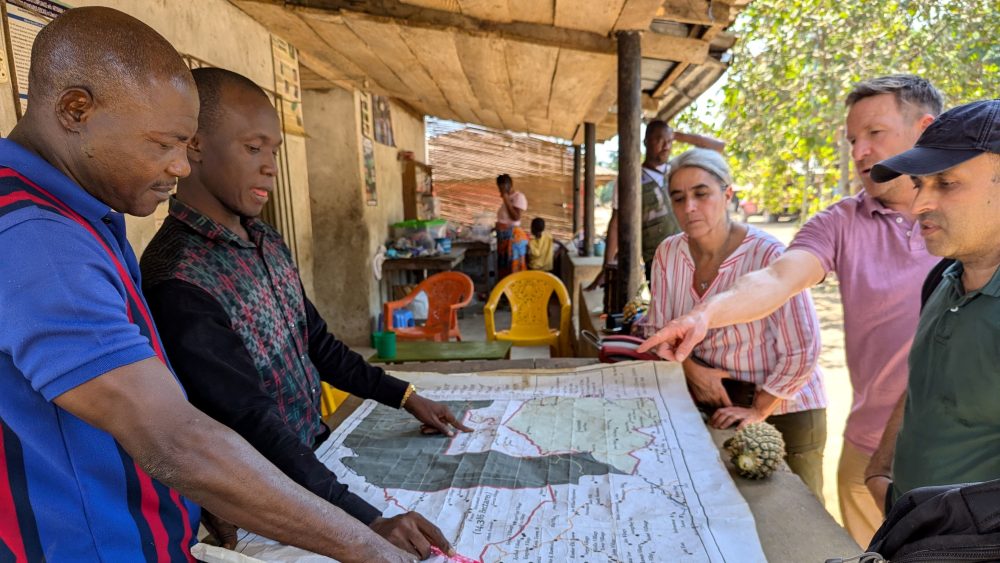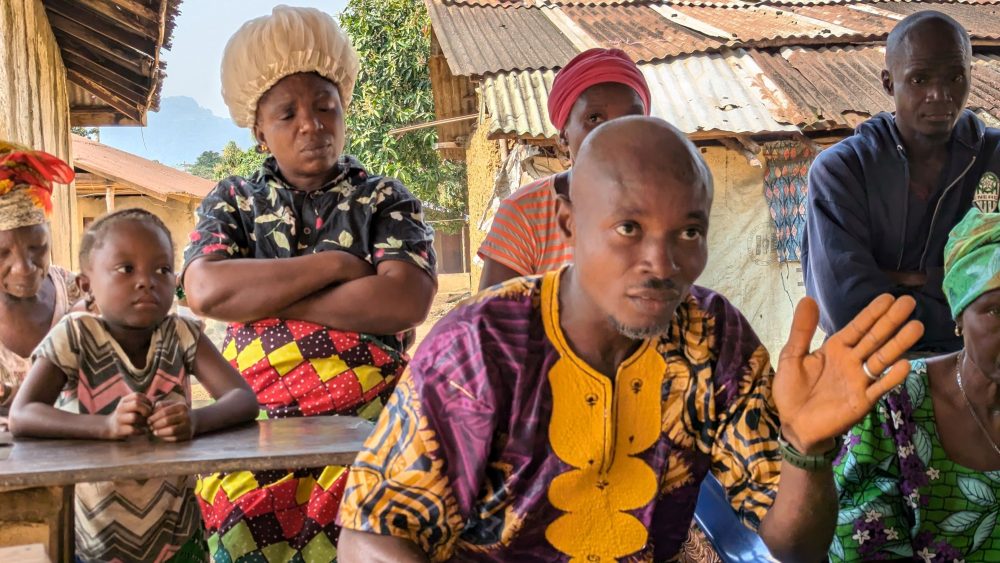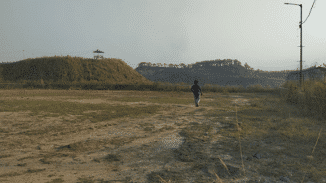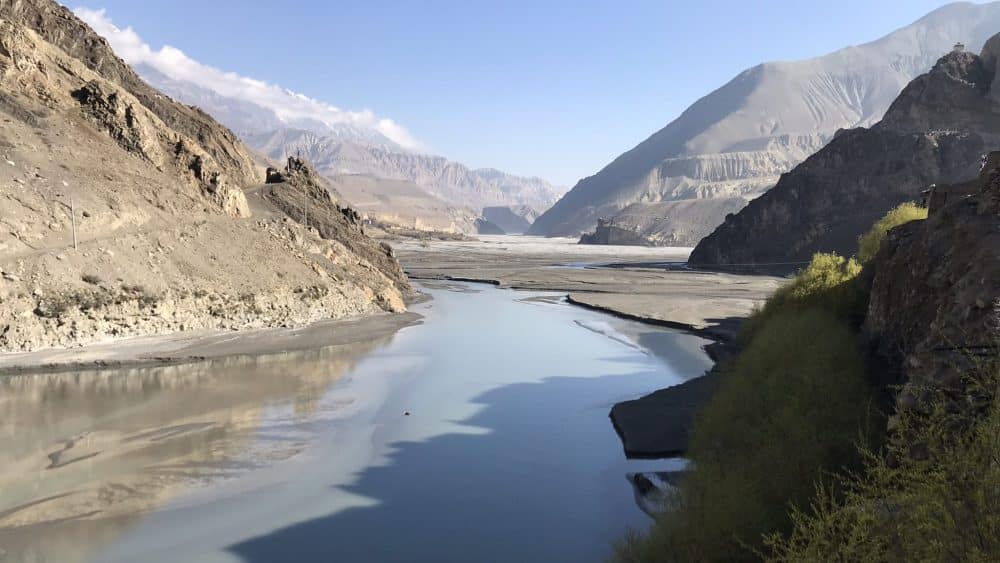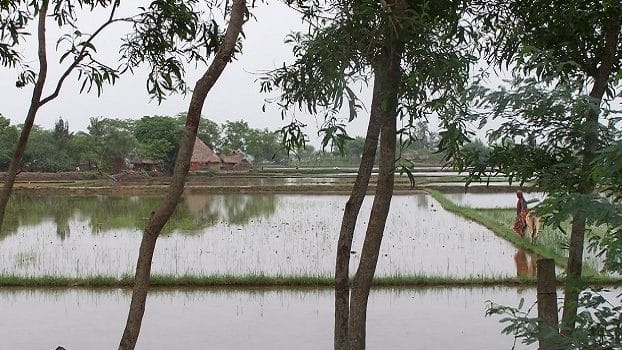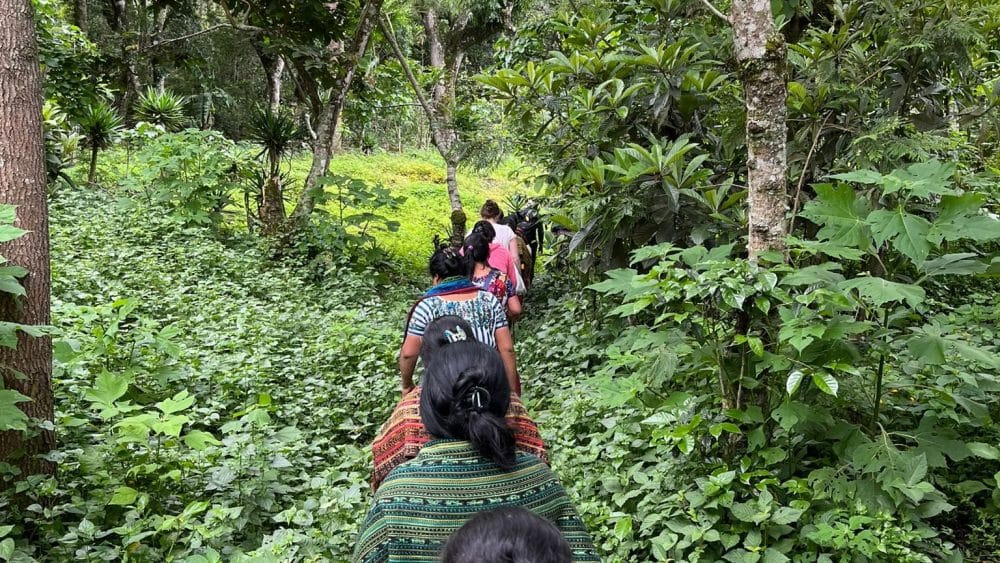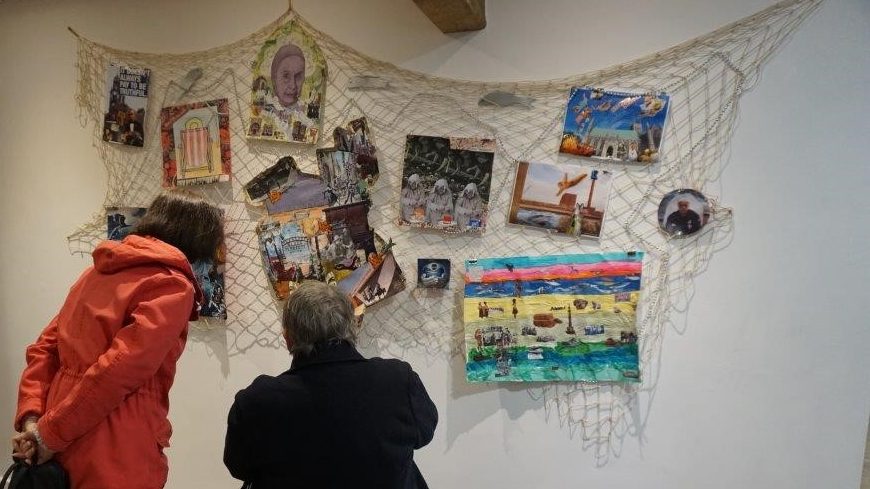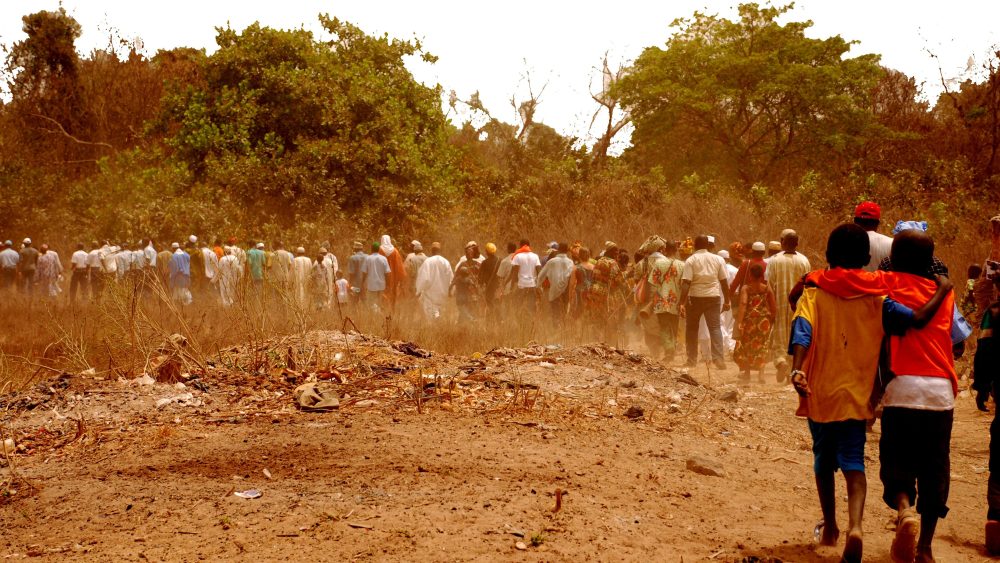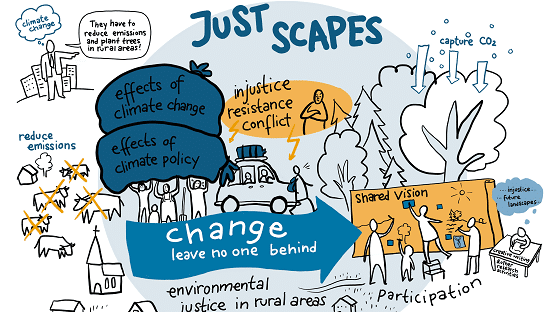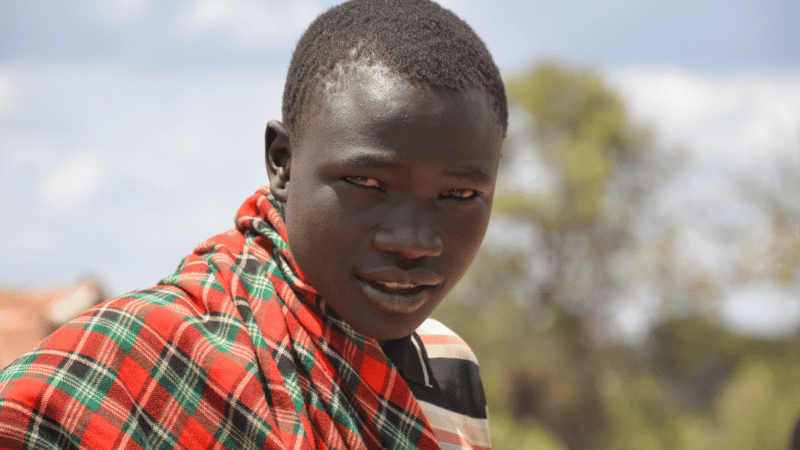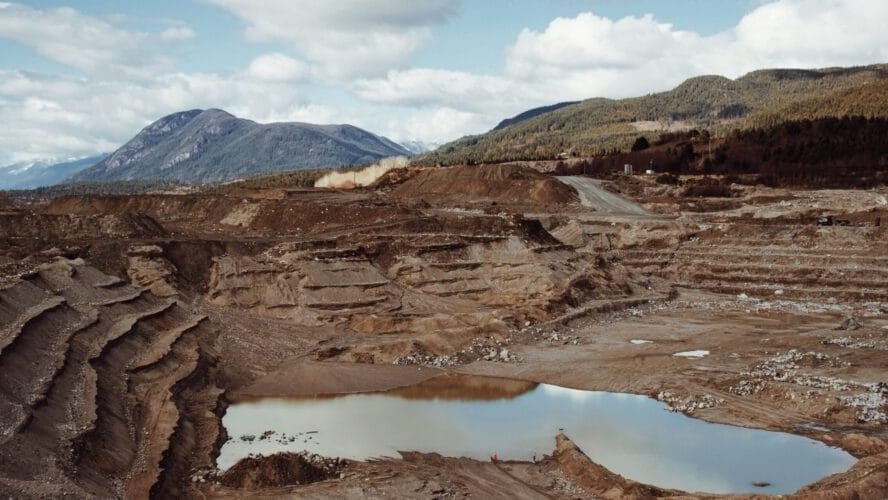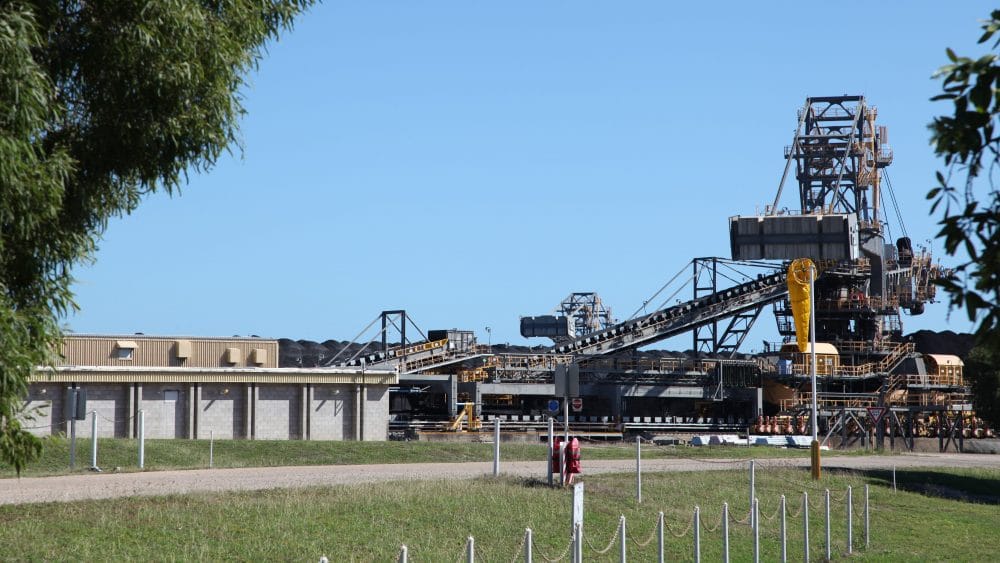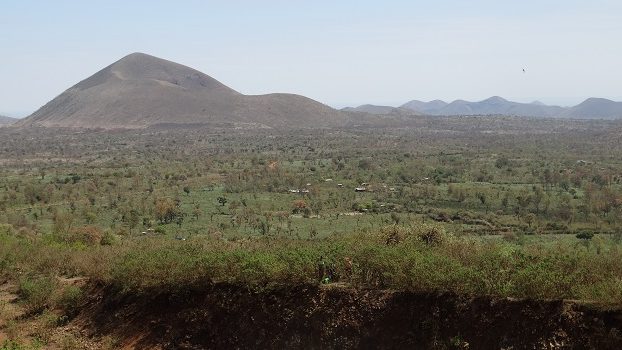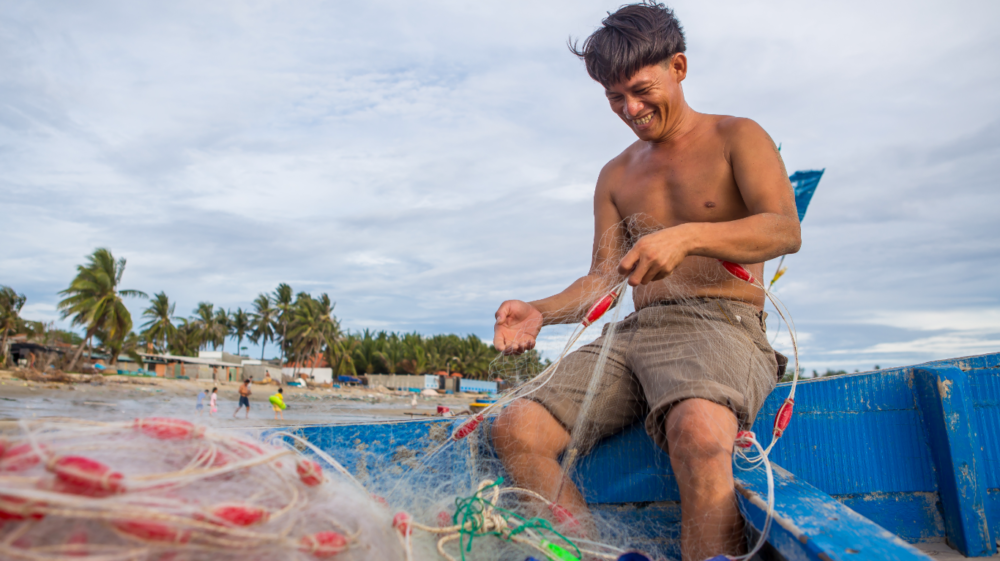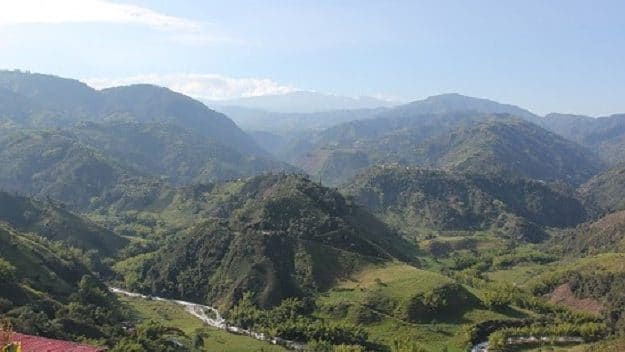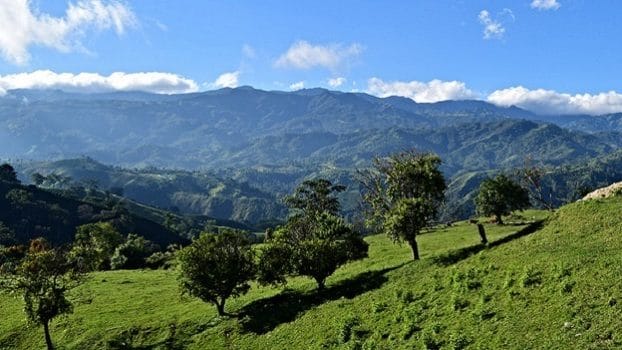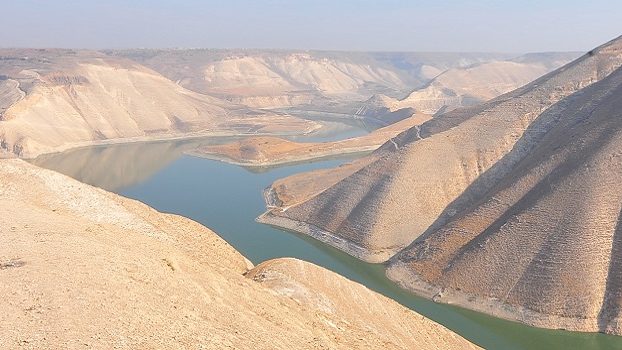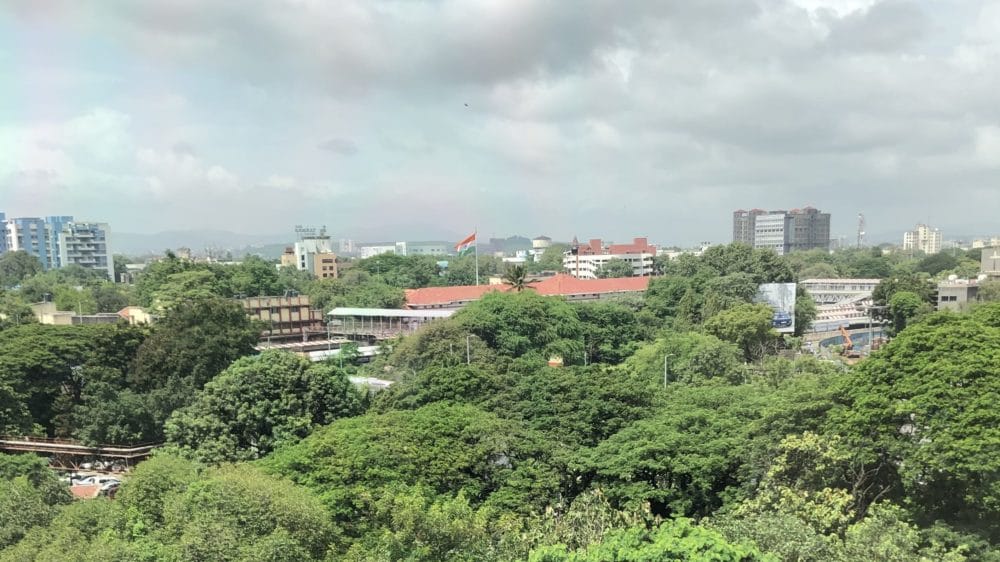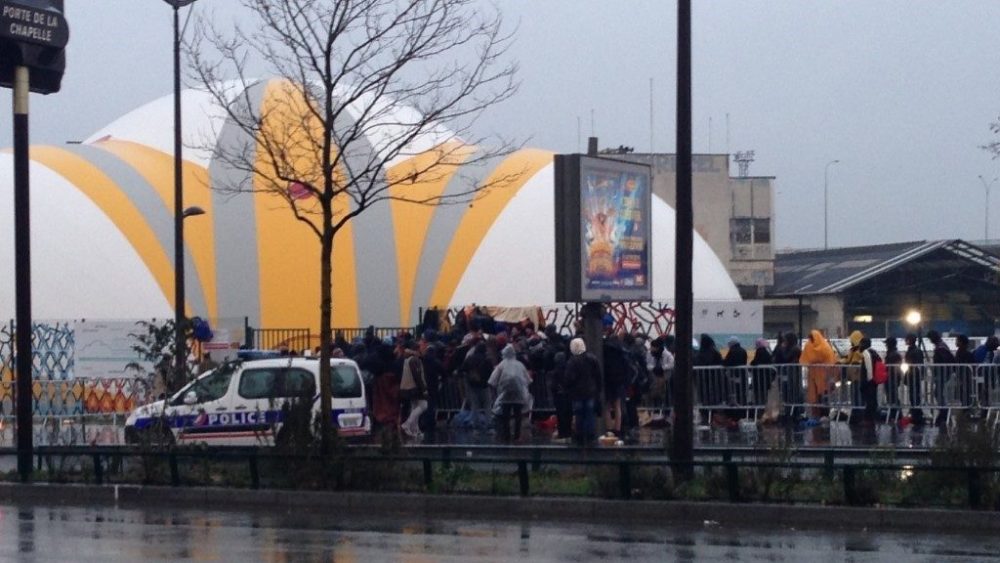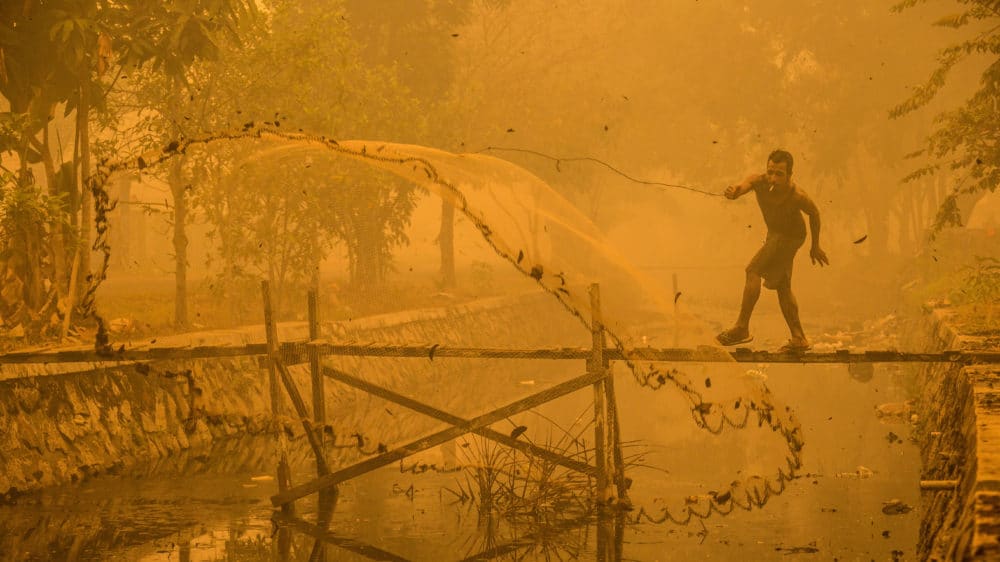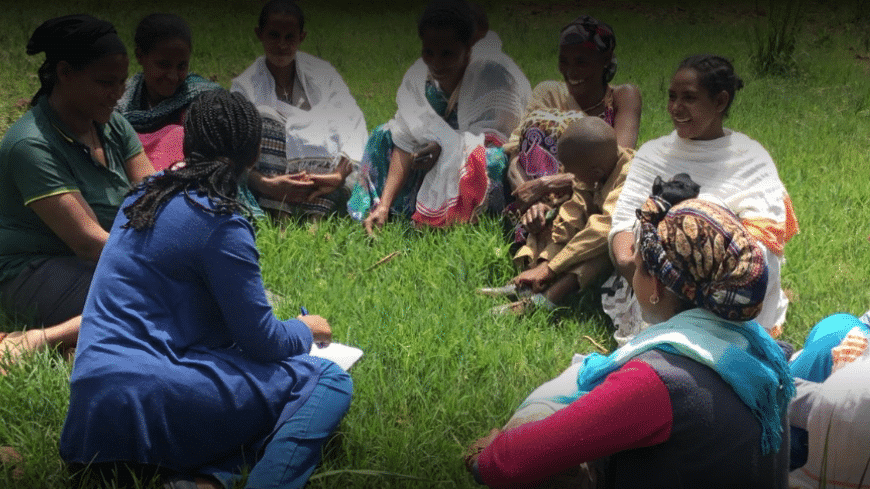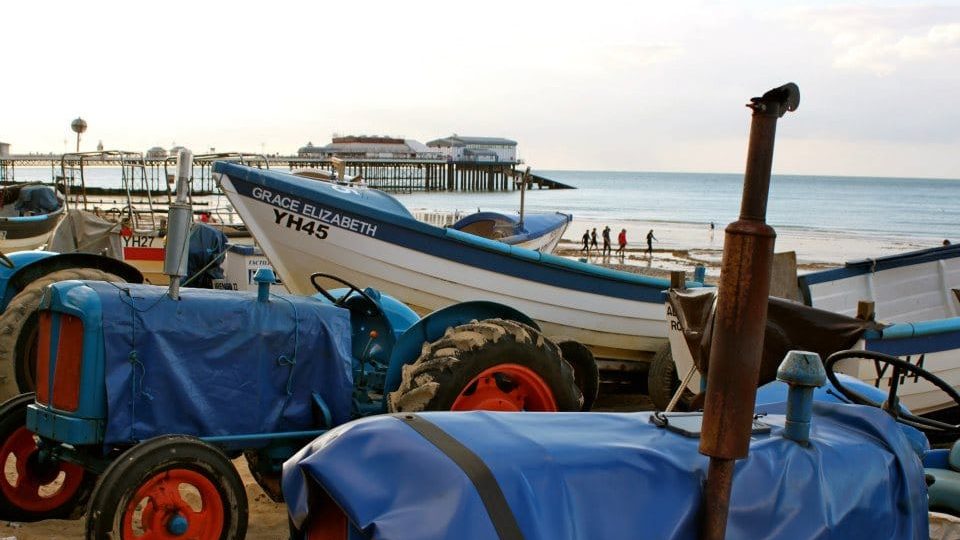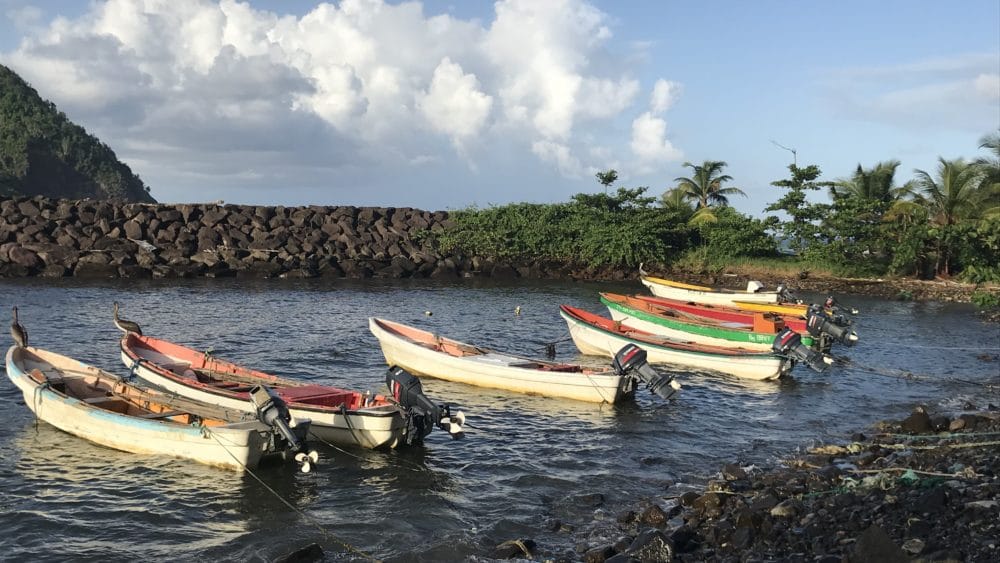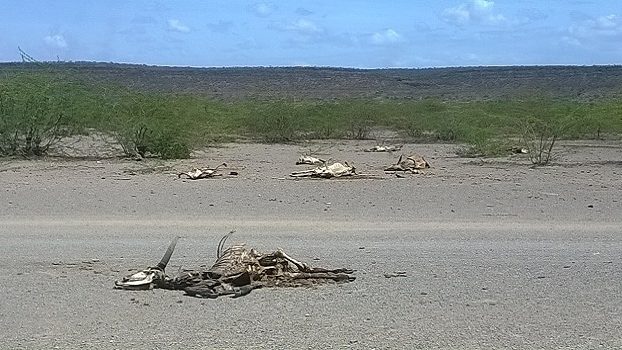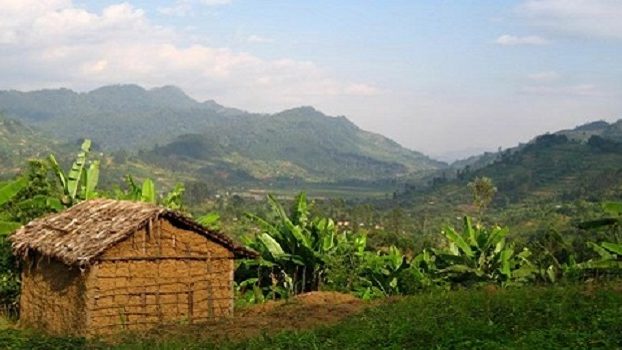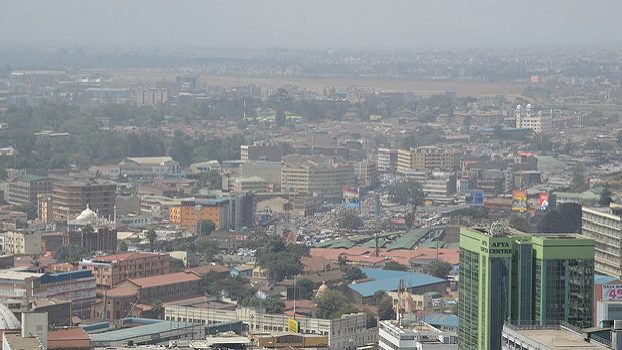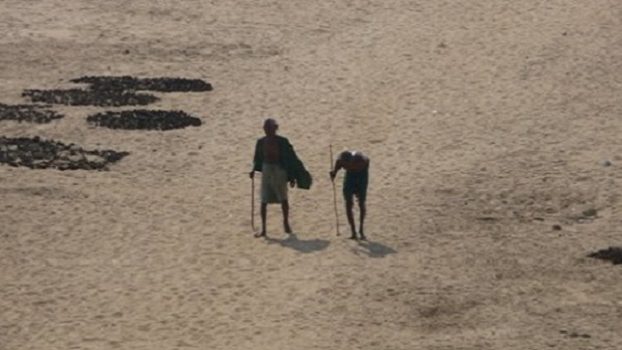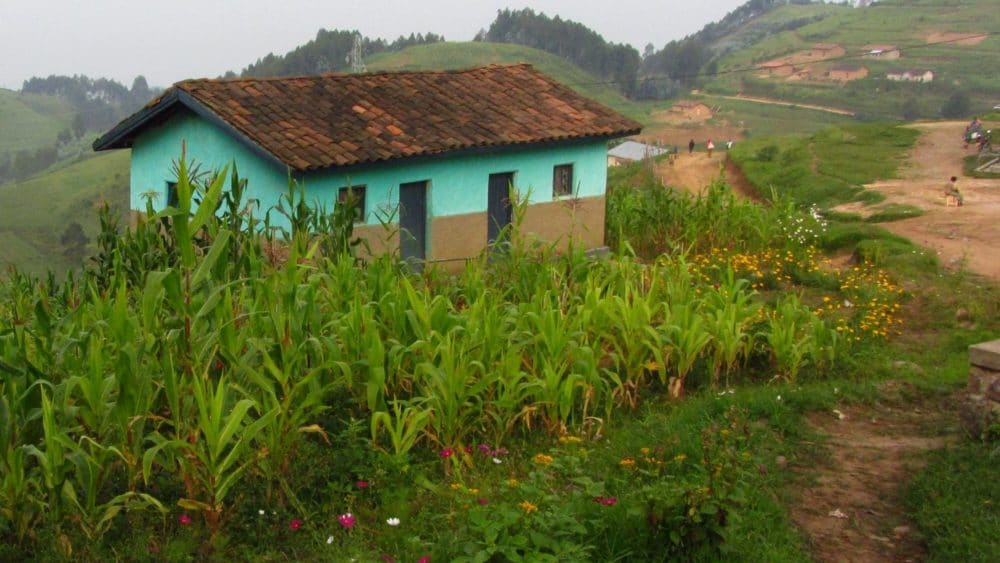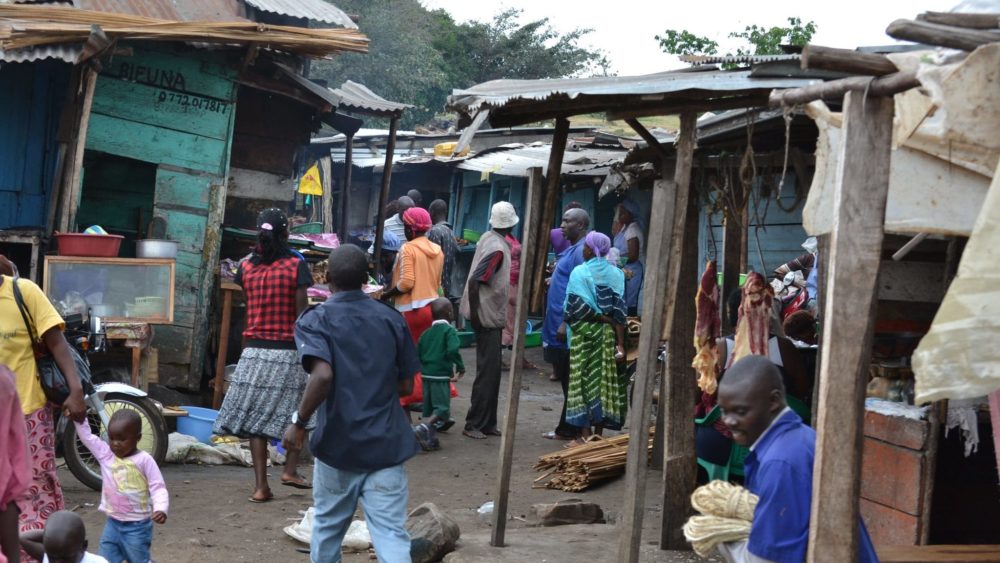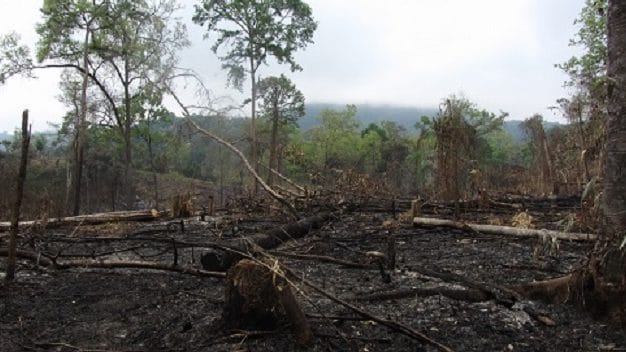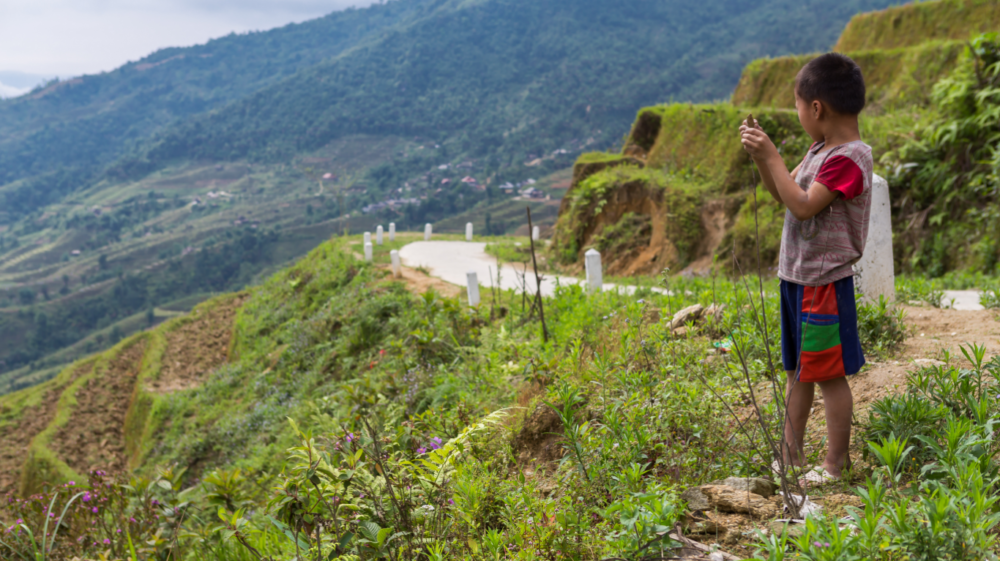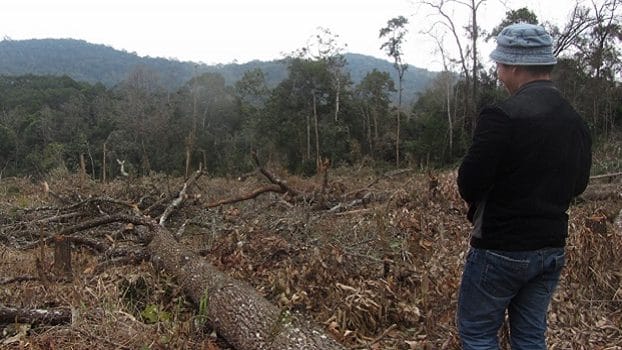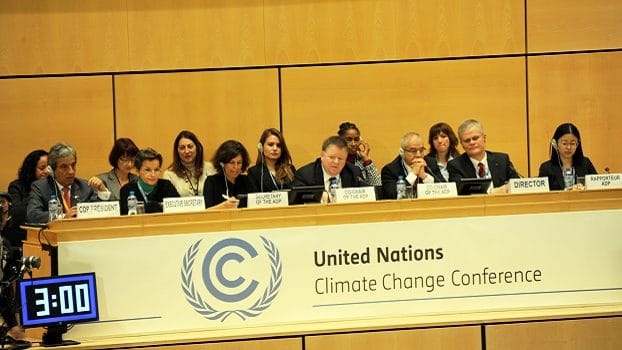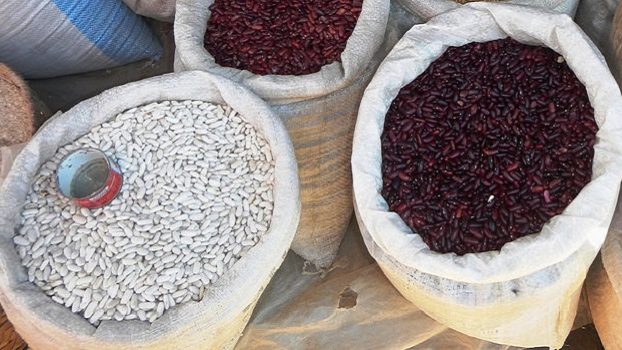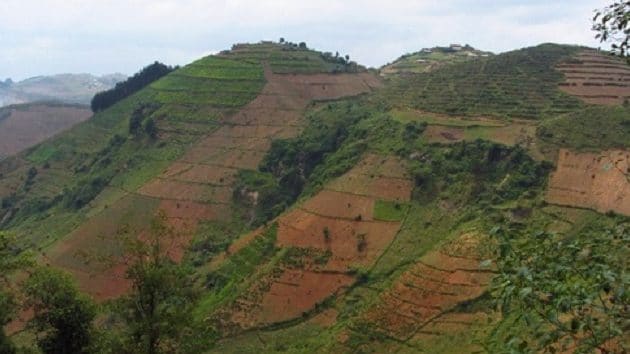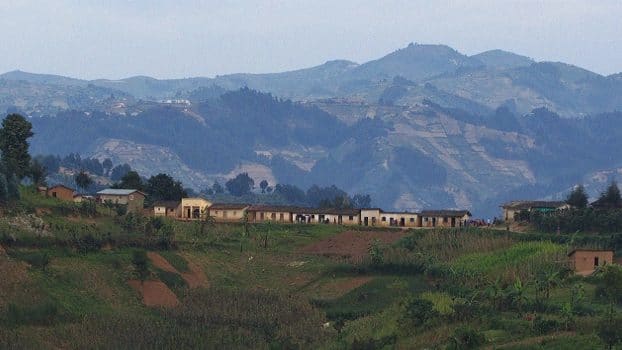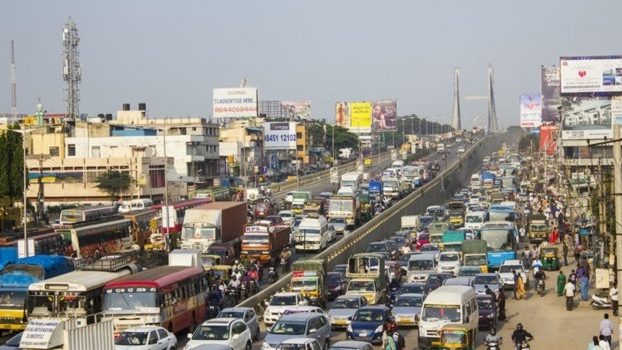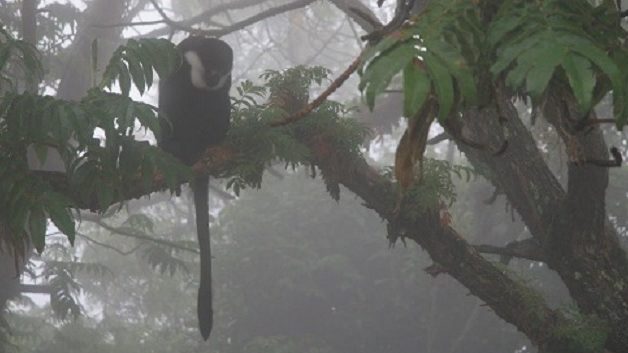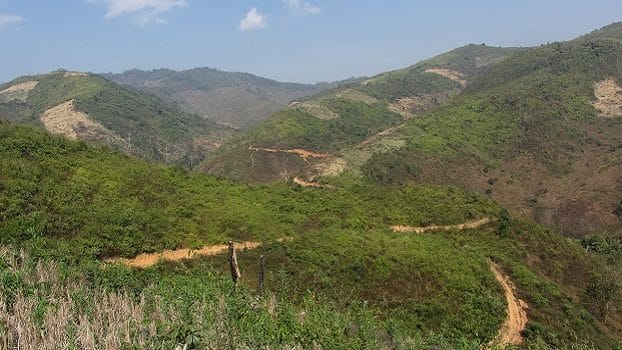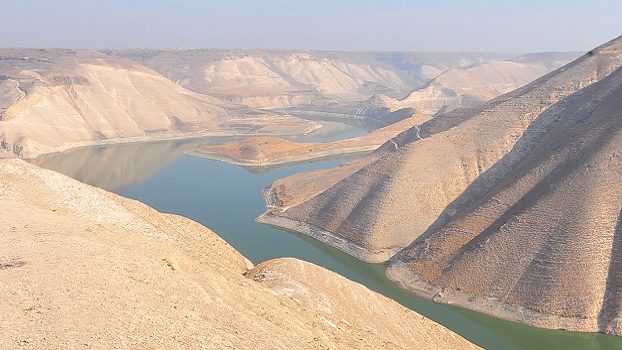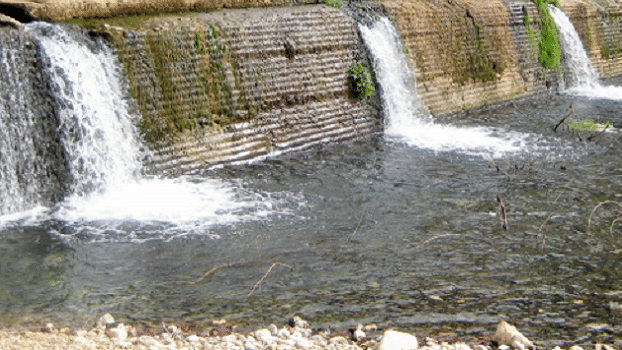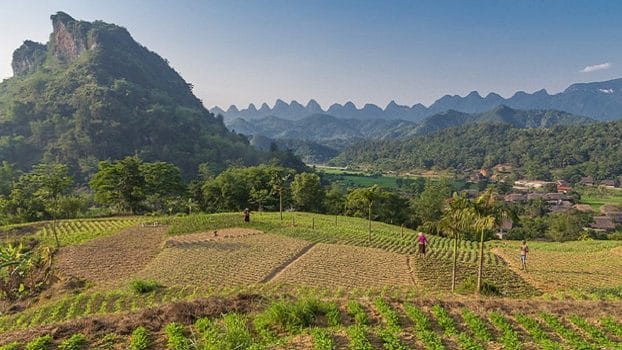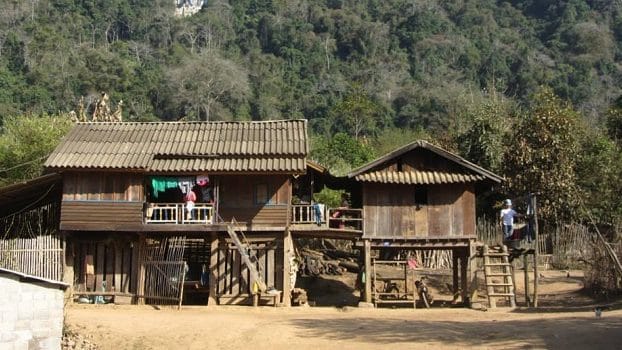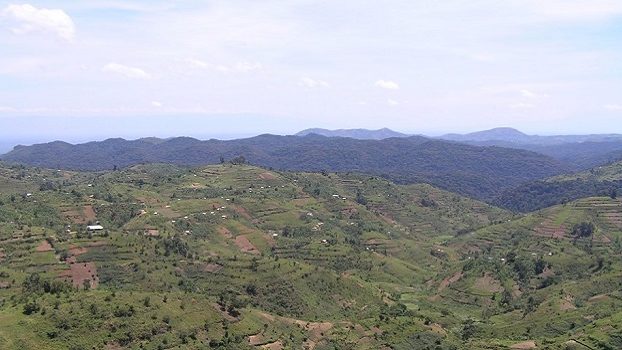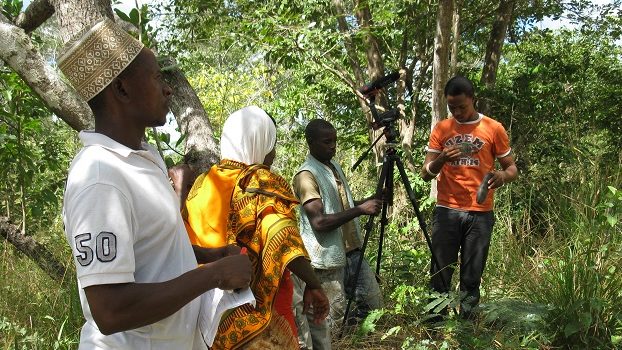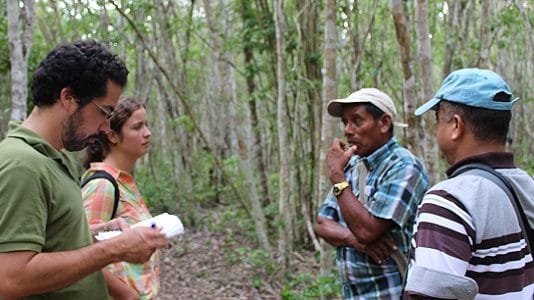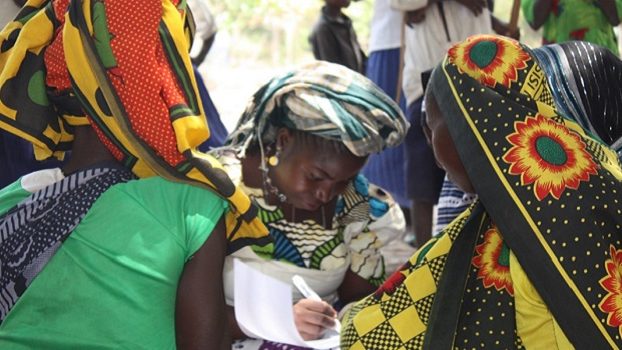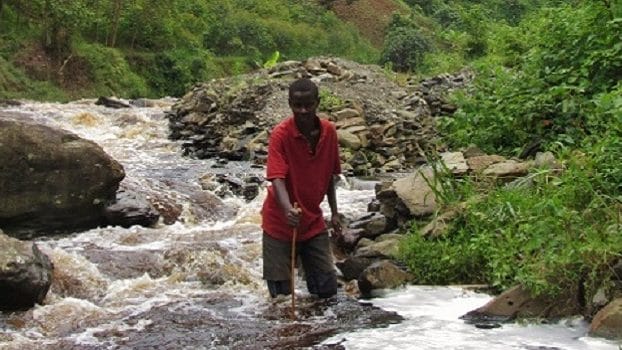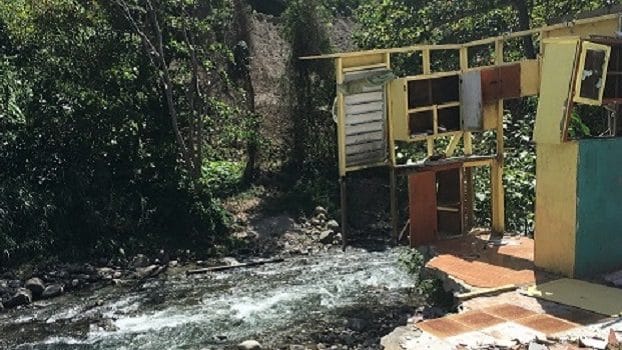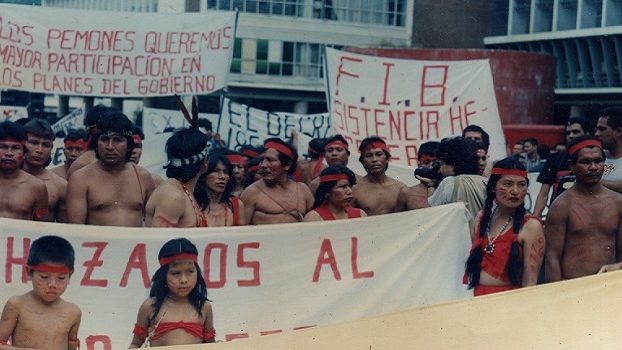Just Scapes explores the meaning and practice of “just transformation” in the face of climate change.
By that, we mean widescale and deep-rooted social-ecological change – change that combines social justice goals with environmental goals, like decarbonisation and protecting biodiversity. We’re looking not just at how the effects of climate change are distributed, but also at the effects of policy responses to climate change. If we’re to meet the UN’s 2030 agenda to ‘leave no-one behind’, then we’ll need to challenge inequalities across categories like race, gender, wealth, belief system and generations.
The idea of ‘just transformation’ views social justice as a goal in its own right, but also as key to overcoming ‘justice barriers’ to how we envisage and implement transformational change. We’re seeing more and more evidence of these justice barriers across Europe. Some Europeans view climate policies as socially regressive, and disproportionately impacting on low-income and rural households. (The Gilet Jaunes movement in France is a good example.)
Just Scapes uses interdisciplinary and transdisciplinary methods – combining new approaches from the humanities and social sciences, and drawing on the team’s environmental expertise from a variety of fields (geography, psychology, political science, futures studies and creative writing).
We’ll focus on three case studies: in the Czech Republic, France and the UK. For each location, we’ll conduct interviews, surveys and run transdisciplinary, multi-stakeholder ‘Just Transformation Labs’ that are linked to ‘real’ ongoing policy consultations within the landscape and wider regions. We want to find out:
- How different stakeholders in each of these locations understand climate justice
- How plural conceptions of climate justice are contested in each area;
- What barriers there are to sharing a vision of climate justice; and
- What ideas about climate justice are shared, and can therefore provide opportunities for collective action.
We hope that findings from Just Scapes will directly benefit the sites and people in the Czech Republic, France and Scotland. But we also want the project to have broader results: better understanding and methodologies for proposed rural land-use climate actions in general. We’ll share our findings with our networks – both in academia and in policy – to promote scientific and social impacts, nationally and internationally.
PROJECT WEBSITE
Coming soon.
RESEARCH PARTNERS
- ESPOL – European School of Political and Social Sciences
- Global Change Research Institute of the Czech Academy of Sciences
- INRAE – French National Research Institute for Agriculture, Food and the Environment
Photo credits: Glen Affric Landscape © Chris Aldridge, Trees for Life UK



